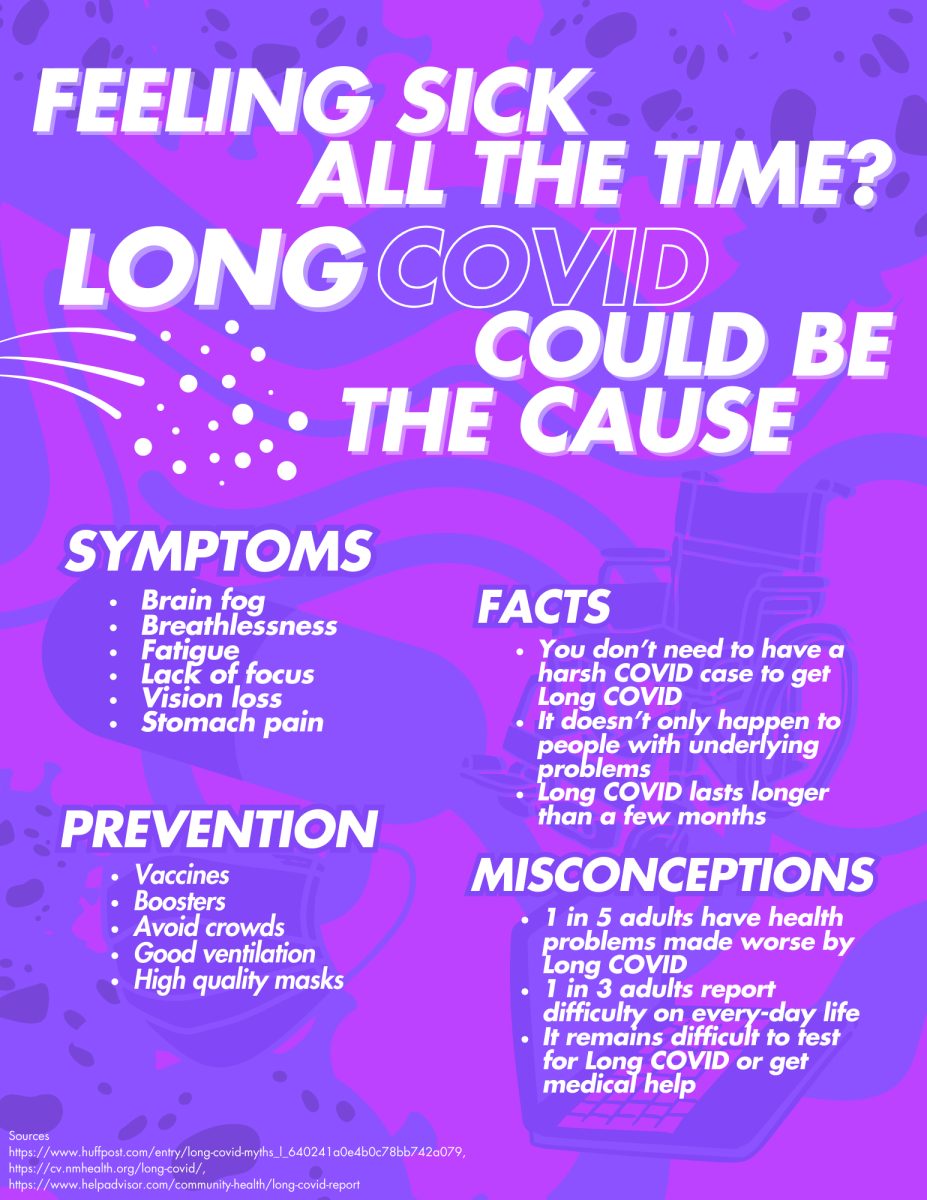How Misogyny Shapes Teenage Boys
October 18, 2022
Sexism manifests itself in many ways systematically, and institutional sexism is addressed by legislation and institutional frameworks. Although sexism is often perceived as a problem that only affects females, the impact of sexism on conceptions of masculinity and male culture is something that is less understood and generally not acknowledged. At a young age, boys are exposed to messages about what it means to be a man that are constricting, stereotyped, and extremely harsh, especially since these ideas are articulated as true, unharmful, and contribute to sexist and misogynistic behavior in the future.
The patriarchal standards that are inflicted upon men are one of the largest threats to men’s mental and physical health. Because masculinity promotes risk-taking behavior and inhibits aid-seeking or health-improving behavior, men are more likely to be harmed or ill and less likely to seek help when they do. As a result, patriarchal ideas about masculinity can be extremely dangerous to men’s health.
According to the National Library of Medicine, masculine norms emerged as the primary motivator for men’s avoidance of seeking health-care services. Men reflected on how they are supposed to be tough, push through pain, and not go see the doctor.
Men are less likely to seek medical attention or counseling for mental health problems. Men are also more likely than women to cease taking their prescription medications for chronic or life-threatening conditions. Additionally, they are less likely to take time out of work when they are unwell or hurt, and they are also less likely to notice the warning signs of diseases that disproportionately afflict them.
Societal standards that are constricting to men are perpetuated in a variety of ways. Music is a reflection of societal ideals, and there are cases that it represents toxic masculinity and perpetuates rape culture along with double standards about women being shamed for sexual encounters, while men are praised for those same experiences.
Rap has grown in popularity in society, but disturbingly, explicit lyrics that sexualize, objectify, and romanticize women have also become more prevalent. Rap songs romanticize a woman’s affinity to a luxurious lifestyle and call women harsh and derogatory names like “bitches,” “sluts,” and “hoes,” depicting riches as a universal sex code. A woman who is called a “bitch” is described as aggressive and irritating and is casually mocked. The term “slut” casually critiques what society perceives as promiscuous conduct or attire, which is frequently cited as a cause for why women are rape victims. Similar negative emotions are conveyed by the insulting phrase “hoe”. These phrases are typically used to dehumanize and label women rather than males. Hoe and slut represent society’s double standards, which analyze and condemn a woman’s sexuality while praising a man’s.
The way women are portrayed in music like rap and country, can instill a sexist ideology into young, impressionable minds, which can lead teenage boys toward acting aggressively with women in the future. Even if these men aren’t aggressive towards women, they become numb to the slurs that are constantly used to objectify women, which are harmful. Awareness and a conscious for sexist behavior is imperative to progress in our society and take steps towards eliminating sexist behavior.
Many people believe that misogyny is primarily a women’s issue, and that men aren’t strained by standards that society forces upon them. This argument is incorrect, since men have a multitude of societal standards that they feel forced to follow at a young age, and they are exposed to conflicting messages about women through society and pop culture, which can then condition them to have a dangerous mindset that hurts them and others around them.
Although these ideas are not commonly addressed, it is a prevalent issue amongst teenage boys, and our society, as a whole. Young men are exposed to a multitude of harmful messages that are not only harmful to them, but also to their perception of women, which predisposes them to act aggressively in the future. Thus, it is important to bring awareness to these issues and take action towards eliminating patriarchal masculine standards which are unhealthy; and hold artists accountable for their dehumanizing language towards women. People shouldn’t promote artists that use derogatory terms for women by not buying their albums. This will create a level of social awareness, so that society can advance towards respecting women and mitigating misogyny.








